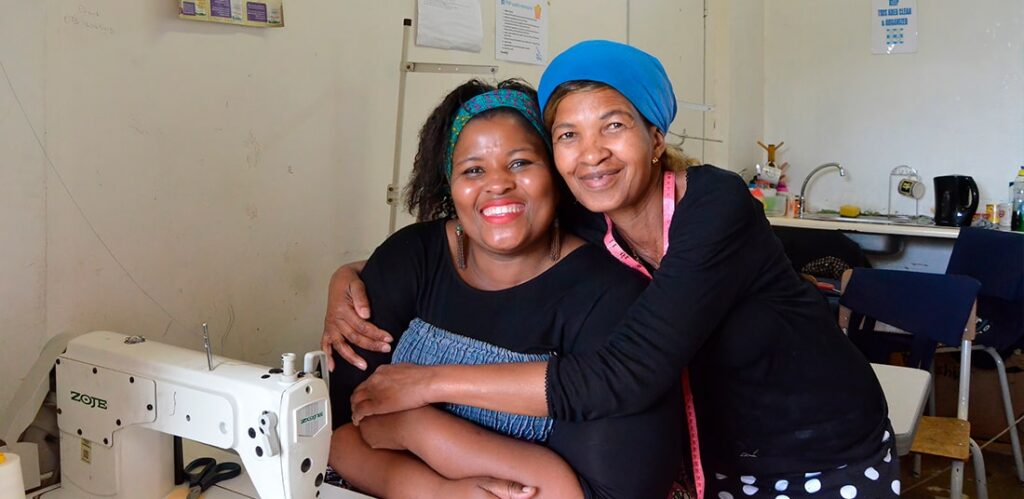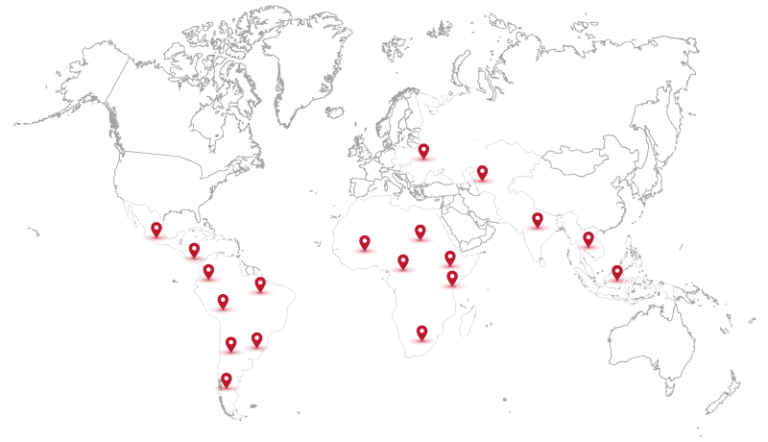Experiences of Home-based Workers of the Litha Cooperative, Khayelitsha, Cape Town, South Africa.
We work together in the Litha Cooperative, a registered cooperative in Cape Town. The group is composed of eight women home-based workers. We are one of seven cooperatives that get regular work from the social enterprise, Township Patterns. Our work is mainly to produce conference bags for local and international events. For every bag produced we are paid a certain amount- a piece rate.
Litha had work between January and March, 2020. However, with the announcement of the lockdown in the middle of March, Township Patterns closed its business. Township Patterns communicated this to our cooperative. They said they would make contact again with us during the first week of May, 2020. Under “normal conditions” the cooperative would at least have regular work with regular income, but with the lockdown most of us were left with no work and no income.
Some of us qualify for, and receive the monthly Child Support Grant (a cash grant for primary care givers for children under the age of 18.To quality you have to show that you have no or very small income). This is a little amount of R420 per child (around USD $25). After a successful lobby by national civil society groups the grant was increased for a period of five months. This was implemented at the end of April, 2020. But with soaring increases in basic foodstuffs and basic services the Child Support Grant cannot sustain the basic livelihoods of home-based workers. In fact the only source of income for many of our families became this grant. None of the food security schemes of government, such as food parcels, reached us.
At some stage during the lockdown our cooperative received an order to make masks. Of course, the system is that the middle person receives the work and delivers to the cooperatives. Our cooperative was one of several given an order of 1000 masks per week. However, we were unable to meet the deadline for completing the order and our efforts to earn a little came to nothing. The middle person collected the work and did not pay us for the finished products.





